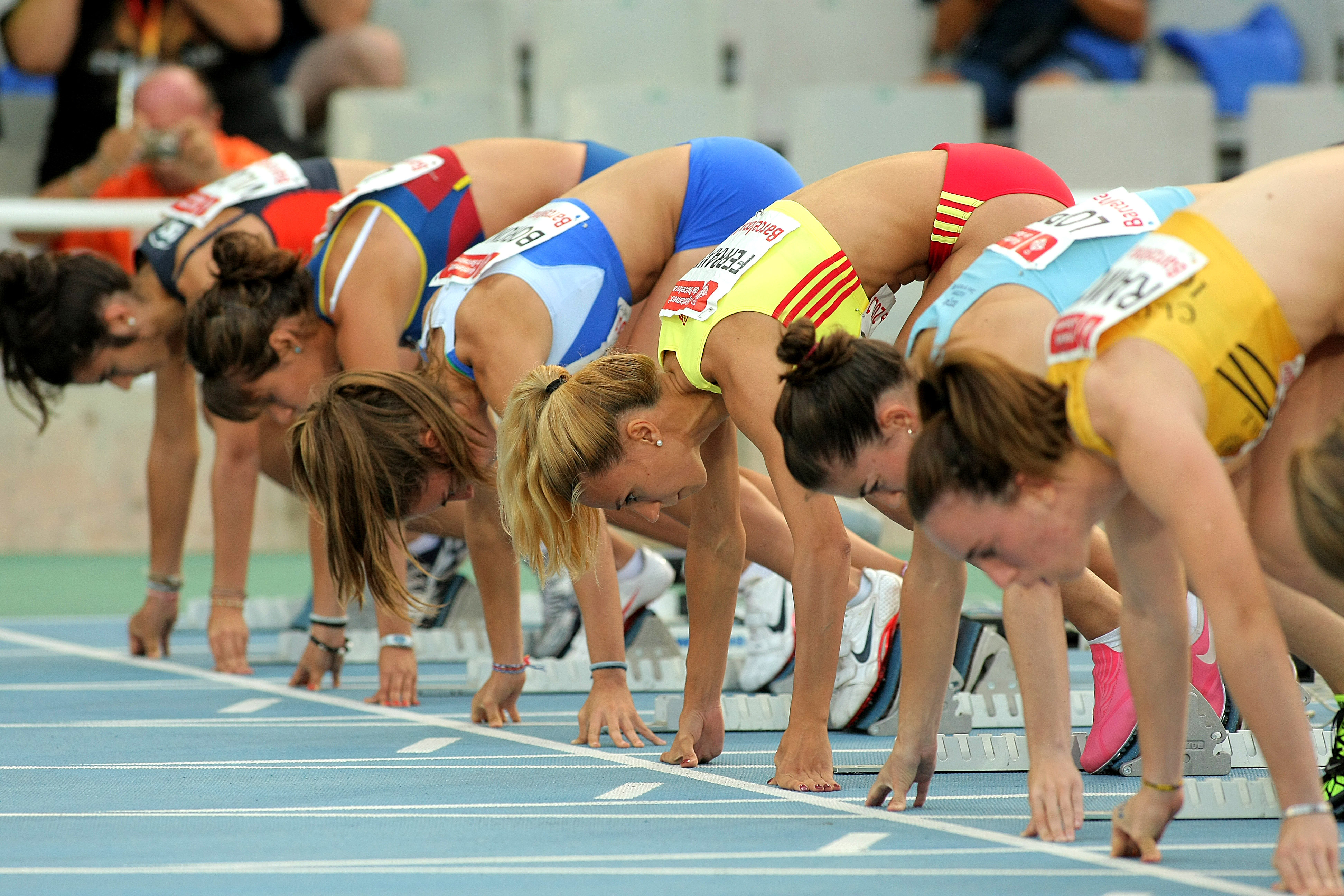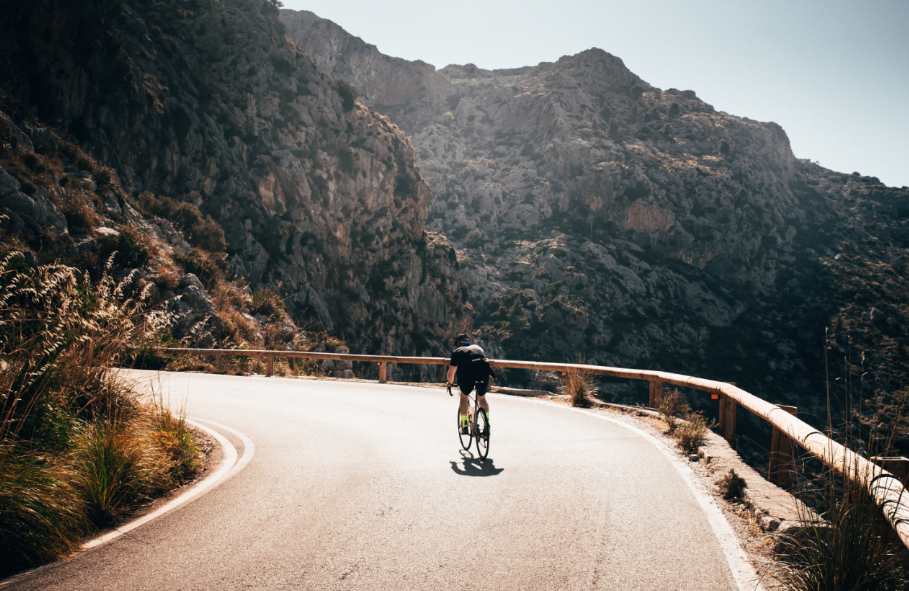How the recreational athlete can benefit from a professional approach to sports science and coaching
By Mike James | 27th August 2020 | Advice
 We are delighted to have elite Sports Performance Coach Trystan Bevan of myfinishline.co.uk return to write us a follow up blog. His previous blog was received so well, and no wonder with over two decades coaching at the elite level of professional sport level. Trystan brings his elite coaching philosophy to help us understand how the recreational athlete can benefit from a professional approach to sports science and coaching.
We are delighted to have elite Sports Performance Coach Trystan Bevan of myfinishline.co.uk return to write us a follow up blog. His previous blog was received so well, and no wonder with over two decades coaching at the elite level of professional sport level. Trystan brings his elite coaching philosophy to help us understand how the recreational athlete can benefit from a professional approach to sports science and coaching.
We spend a lot of money on our personal advancement.
Running shoes can be well over £150.
Books are £12.99 each.
University degrees cost £9,000+ per term in fees alone.
A marginally better road bike than the one you presently have? An extra £5,000 at a drop of a hat.
We rationalise our spend in terms of investment with a greater outcome in mind. This even lends itself to gym membership and subscription to online coaching. We often feel more ‘attached’ to something when we have to give our hard-earned money to obtain it. We often ‘buy-into’ our training more, when we literally had to ‘buy’ it in the first place.
 But money is not the main variable when it comes to improving our performances – or indeed enjoyment – in endurance events, even as a recreational athlete. Personal investment in this regard comes in the form of time, and attitude.
But money is not the main variable when it comes to improving our performances – or indeed enjoyment – in endurance events, even as a recreational athlete. Personal investment in this regard comes in the form of time, and attitude.
Professional athletes have plenty of time. It is the main advantage they have over the recreational athlete. To rather facetiously quote Montgomery Burns from The Simpsons, negating family, friends and responsibilities is the best path to success, and as much as professionals can train as a job not around a job, their domesticity and family life can synergise around their training, whereas the recreational job-holder literally has to juggle plates and find a spot in the day to make oneself exceptionally exhausted sweaty and tired through training after returning home from work tired sweaty and exhausted.

This is where your skills on the spreadsheets, dealing with stresses in work and through time management can aid you, if you combine those abilities with a little knowledge of sport science. Self-analysis, for example is a staple diet of any performance management system in professional life. What are our strengths? What are our weaknesses? Are we successful at our jobs because of our strengths or despite our weaknesses?.
Normally we intuitively know this before someone from HR, or our line manager, confirms this through evidence, in the same way that we know that our swimming or uphill cycling is weak, before the pace/wattage/heart rate results inform us of that.
You may be surprised to know that professional athletes have the same problems, despite the wealth of science, funding, time and expertise on their hands. They still have to make the same decisions, based on the same data/intuition model.
There is no complete triathlete/footballer/gymnast etc. Pele wasn’t a great tackler, yet was the best footballer ever. Nadia Comāneci was perceived as being so frail that many thought her body would not cope with the demands of certain events, but is the best gymnast ever. NBA legend Kevin Durant had one of the weakest upper-body strength records in league history, yet his agility and speed incredible.
Tiger Woods had to change his driving stance around three times in his career, but his power and accuracy was phenomenal. Now if these had decided to forego all their strengths in order to upskill their weaknesses, who knows what levels of mediocrity they may have ultimately reached in their careers? Everyone has something to work on, be that a weakness or already a strength.
The same goes with the recreational athlete. We have little time, and yet often have loads of things that we need to improve on. My advice would be this: find out through science, technology, or basic common sense what we are good at – (which is usually the facet that we most enjoy) – and look to use science and its measuring technologies (pace, time etc) to improve that aspect as much as we can in the little time we have to train.
It goes without saying that if you are a fantastic runner and cyclist that improving your swimming will benefit your triathlon, but this doesn’t have to be a stone in your shoe if you hate swimming. If you have a running pace of 6min miles, can average 19mph on a bike yet find swimming a weakness, the overall temptation is to concentrate on the swimming. But getting down to 5:50, 19.5mph+ also makes you more effective. Appreciate what sport science’s guiding hand in your decision making.
Improve your strengths and your weaknesses at the same time. This is where having a synergy with your coach, for them to understand you as a person and ask the right questions about your motivations and attitude is vital for success. Even asking a friend on ‘how they did it’ themselves often yields little golden nuggets of information.
 There is a hill on the Tenby Ironman course called ‘heartbreak hill’ which has to be cycled up at a gradient of 12% for a painfully long time. The reason we know it is there is because a) it is on the course map, b) people have experienced it themselves and c) it is a known ‘known’ within the event. This metaphor applies to your training. Know what is ahead of you in your training (through planning, and learning from how others have done it).
There is a hill on the Tenby Ironman course called ‘heartbreak hill’ which has to be cycled up at a gradient of 12% for a painfully long time. The reason we know it is there is because a) it is on the course map, b) people have experienced it themselves and c) it is a known ‘known’ within the event. This metaphor applies to your training. Know what is ahead of you in your training (through planning, and learning from how others have done it).
Experience the demands of the event (through coaching and training) and learn to accept what struggles you know you will experience into the broader knowledge of the event (through your own attitude).
Click here to read more blogs from Sports Injury Fix
